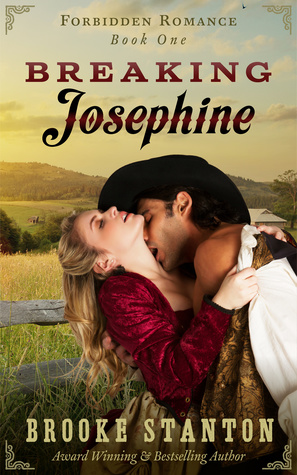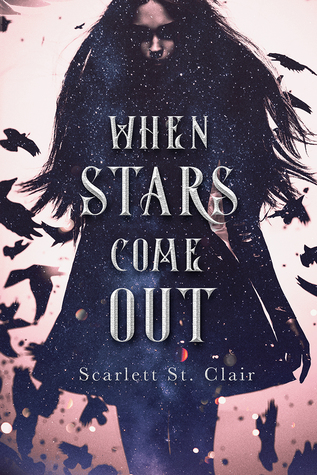Holly’s Hurricane
Marie Carter
Genre: Literary Fiction
Publisher: Grace Goodrich Press
sitting with my mum in the nursing home in Boston, England.
transported to the Strid, the stream that lurks about a hundred yards from the
nursing home, with all the danger signs. It looks perfectly benign, but because
of its deadly combination of fast currents and underwater rocks, anyone who has
ever jumped in, or gone swimming in the Strid, has died. They put the first
danger signs up about fifty years after the third person had gone missing, but
still, about twenty years ago some troublemaker had dipped a toe in and was
grabbed by the current as if by a hungry monster, angry with the daredevil for
even tempting fate.
by the Strid when I saw a man who looked faintly familiar, sporting pince-nez
glasses, a salt and pepper thick mustache, and wearing a bowler hat. He was
stylishly dressed and a little portly—in fact, I would have said he had a
similar profession to mine—like an architect, except he seemed to be from
another era. He took his hat off as a gesture, and I could see his hair was
parted down the middle. He beckoned me to come closer and gestured for me to
look into the water. The remarkable thing was, I didn’t feel unsafe. There was
something fatherly about the man, something I trusted. As I drew closer and
closer, I noticed a kind of whirlpool gaining more and more momentum in the
Strid. The noise of the water suddenly became deafening which was a shock to
me, as I couldn’t hear it earlier.
very simply, “Hello, Ms. Williams.”
without warning, to my horror, the man pushed me in. I was instantly suctioned
into a whirlpool but, to my amazement, I didn’t get wet. And, in spite of my
age, I felt no discomfort. In fact, I felt light, and all of my daily aches and
pains seemed to evaporate. I found myself in a vacuous tunnel-like interior,
and I was falling like Alice down the rabbit hole, but in slow motion, as
though I had developed wings. This was a relief. At my age, broken bones are
harder to repair.
weightlessly at the bottom of the steps of an imposing building that looked
like an ancient Roman temple. I could barely feel my body, and I noticed I
appeared to be see-through; my hands were opaque. The Architect was right
behind me, looking at me and smiling, very proper and gentlemanly. He began
climbing the steps of the building like an animated fairy sprite, turning and
beckoning me to follow. But I stood gaping with a goldfish mouth, entranced.
The structure was reminiscent of French palaces and Italian basilicas. The
gigantic granite and steel façade was supported by Roman columns. The Architect
bounced impatiently on the steps calling to me, “Ms. Williams,” and becoming
afraid I might lose my guide, I began climbing to the top, punctuating each
stair with a heavy footstep. I felt like a Roman goddess. Staring at the
grandiose clock above me, I noted it was four in the afternoon.
doors, I could hear crackly announcements being made over a PA system for what
seemed to be the names of places and times. Commuters in stylish heels clicked
past me.
a tour?” the Architect asked, presenting his elbow, his manners at once
charming and archaic. He even wore elbow patches. “No one can see you,” he
said, as if reading my mind.
I asked him, but he scoffed at my remark. Was this it for me? Had I died?
“Where are we?” I pressed.
answered.
place?” It felt at once familiar and foreign.
New York City, 1920 when it was in its heyday.”
read about Old Penn Station when I was studying for my Masters at university
many years ago. I hadn’t thought about it in such a long time.
walking at a regal pace. “Penn Station, New York, New York, was born in 1910
and died in 1963,” the man began.
we were greeted by Italian-style shopping arcades with drugstores, clothing
boutiques, and elegant restaurants, separated by columns of creamy, smooth
travertine marble. There were two statues of important-looking men who were
dwarfing the travelers; one was carrying blueprints.
New Yorkers know or remember the original Penn Station,” the Architect said,
smiling wistfully. “It was quite glorious, as you can see.” He gestured with
his arm for me to drink in the splendor of Penn Station and I did. The walls
were 150 feet high, I calculated, as I craned my neck upwards towards its
magnificence and abundance of light.
the waiting rooms,” he said, guiding me away from the stores, where patrons
were chattering merrily.
room, people were milling around smoking cigars or hugging and kissing, their
faces changed from determined desire to softness as though they had finally
found what they were seeking. Semi-circular windows bathed travelers in
sunbeams. World maps crowded the walls.
the Author:
writer, editor, writing teacher, and tour guide, based in Astoria, NY.
Diaries, based on her experiences of learning trapeze, was published by Hanging
Loose Press. Her novel Holly's Hurricane will be published in November 2018.
and has been featured in The New York Times, Queens Gazette, Huffington Post,
QNS, and many other media outlets.
Hanging Loose, The Brooklyn Rail, Spectacle, Turntablebluelight, and
Yogacitynyc, among others and in the anthologies The Best Creative Nonfiction
(W. W. Norton, 2007) and Voices of Multiple Sclerosis (LaChance, 2009). She has
also been awarded and attended a residency at the MacDowell Colony.
and Creative Writing at Gotham Writers' Workshop.
macabre and little-known histories in her writing and life, she decided to
further her interest by becoming a licensed tour guide with Boroughs of the
Dead. She created and guides the "Haunting Histories and Legends of
Astoria" tour and also leads other tours in Greenwich Village, Lower
Manhattan, Brooklyn Heights, and Roosevelt Island. She also lectures on various
aspects of New York City's history on a regular basis at Q.E.D. in Astoria,
Queens.
layout and design services to Hanging Loose Press, one of the oldest
independent publishers in the United States. She is the editor of Word Jig: New
Fiction from Scotland (Hanging Loose, 2003) and co-editor of Voices of the City
(Hanging Loose Press, 2004).
University with an MA in English Literature.
Interview with Marie Carter








































